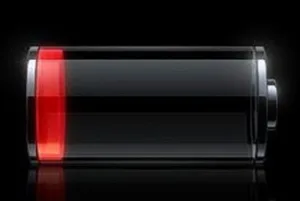The eight billion mobile devices – including smart- and feature phones, wearables, tablets and notebooks – in the world by 2019 will provide a huge base for new battery and charging technologies, says ABI Research.
Battery and charging technologies have lagged behind other developments in the mobile space, says ABI’s Nick Spencer. He added, “Short battery life remains the biggest irritation to smartphone users and is a clear opportunity for handset vendors and carriers to improve the user experience by adopting new, longer-lasting battery technologies”.
Silicon anode batteries that are under development may assist with battery life. Germanium and pure lithium (Display Monitor Vol 21 No 30) products are also being developed and have seen recent breakthroughs.
Currently, ABI estimates, the average household has about 10 untethered devices with rechargeable batteries. Wearable adoption is expected to raise this number further, as well Internet of Things devices – and even electric cars. “Battery technology is holding these innovative growth industries back and the rate of change, in what is admittedly a huge supply chain, is a concern”, added Spencer.
Charging methods are also ripe for change, away from micro-USB and towards – for example – wireless charging through mats and pads. Energy harvesting and dedicated beamed radio frequency energy are other technologies for examination.

